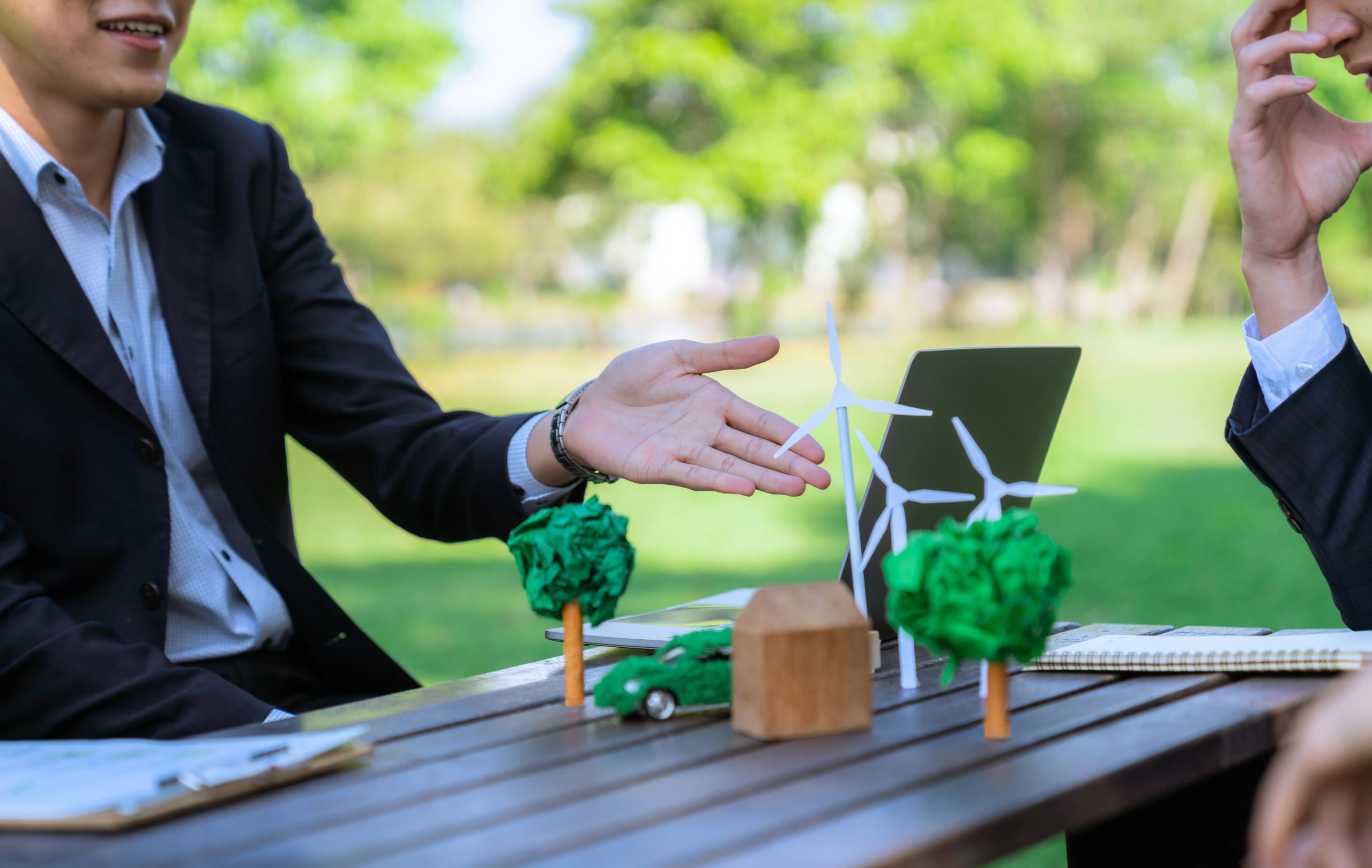The EU wants to avoid unwarranted dependencies on petrostates, play its part in selling green technologies, and mitigate climate change. As a result, in the past years, it has shifted its energy diplomacy from merely securing oil and gas supply towards diversification and support for energy transitions in third countries. As a consequence, the range of actors and formats of decision making has broadened, making coordination more challenging, with the limited EU competence in the field of energy posing an additional constraint. This policy brief discusses the EU’s capacities to decide, with a focus on the Council, Commission and EEAS. Findings are that the Commission and EEAS need to create more capacity for strategic discussions in the Energy Diplomacy Group and Working Party on Energy and in follow-up of agreements with third parties. In addition, there is a need to better connect green energy diplomacy to climate finance and general diplomatic relations with third countries in order to increase its effectiveness. Finally, member states need to share more information on bilateral energy activities. The EU has a great interest in stepping up its green energy diplomacy engagements and now must turn ambitions into reality.
About the Authors:
Louise van Schaik is Head of Unit EU & Global Affairs. She also coordinates Clingendael research in the field of climate change and sustainable development.
Sarah Lokenberg is a Junior Research Fellow at the Planetary Security Initiative and the EU & Global Affairs Unit of the Clingendael Institute. Her research revolves around climate-security and energy security.


